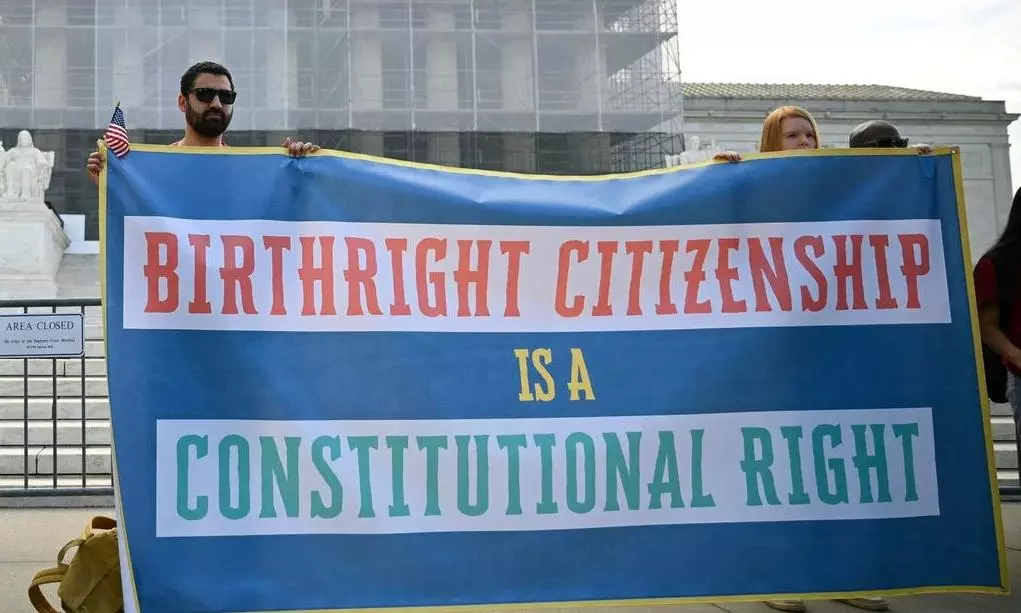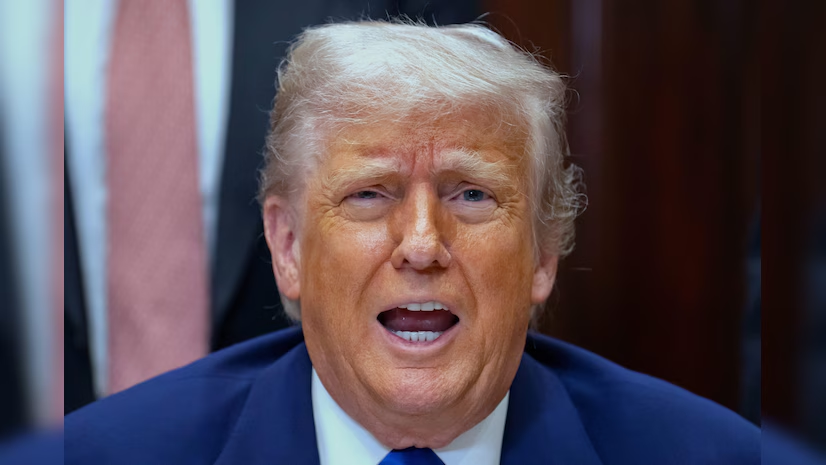Birthright Citizenship Faces Supreme Court Review
On May 15, 2025, the U.S. Supreme Court heard a case involving President Trump’s executive order. The order attempts to limit birthright citizenship by denying automatic citizenship to children born in the U.S. unless one parent is a U.S. citizen or a legal resident. This move has stirred major legal and political debates.
Why This Order Matters
The 14th Amendment currently grants citizenship to all born on U.S. soil. Trump’s order challenges this interpretation, arguing that children of undocumented immigrants shouldn’t qualify. As a result, several federal courts quickly blocked the order with nationwide injunctions.
Supreme Court’s Main Concern: Injunction Power
Although the focus is on citizenship, the Court is mainly reviewing how and when federal judges can issue nationwide injunctions. Conservative justices question whether a single judge should stop a law for the whole country. Meanwhile, liberal justices warn that without such tools, federal policies could become chaotic.

What’s at Stake?
If the Court backs Trump’s order, thousands of children born in the U.S. could lose citizenship. These children might not qualify for any nationality, risking statelessness. Additionally, limiting nationwide injunctions could reshape how Americans challenge federal laws in the future.
Legal History Backs Birthright Citizenship
The 14th Amendment, ratified in 1868, clearly states that anyone born in the U.S. is a citizen. This was upheld in United States v. Wong Kim Ark (1898). The Court ruled that children of foreign nationals born in the U.S. were still citizens, setting a strong precedent.
Public Reaction and Protests
Outside the Supreme Court, hundreds gathered in protest. Many held signs defending the Constitution. Former Speaker Nancy Pelosi joined demonstrators, stating that birthright citizenship is a fundamental American right. Legal experts also voiced concern over the long-term effects of changing such a core principle.

What Happens Next?
The Supreme Court’s decision could come within the next few months. Until then, the order remains blocked. However, if the Court upholds it, this could change U.S. citizenship rules and legal processes for years to come.
Tags :
birthright citizenship, supreme court birthright citizenship, supreme court, america, 14th amendment, scotus, amy coney barrett, jeremy feigenbaum, john sauer, chief justice roberts, elena kagan, what is birthright citizenship, supreme court oral arguments, us supreme court
Checkout these full aticles
Tags: supreme court birthright citizenship, 14th amendment, us supreme court, amy coney barrett, scotus, john sauer, elena kagan, supreme court oral arguments













Taurine Energy Drinks: Benefits, Risks & Top Brands - Fit With Body
May 16, 2025[…] Birthright Citizenship: Supreme Court Hears Major Case on… […]